Continuing the 6th Session, on the morning of October 26, at the National Assembly House, under the chairmanship of National Assembly Chairman Vuong Dinh Hue, the National Assembly discussed the draft Law on Water Resources (amended).
Participating in the discussion at the hall, Deputy Head of the National Assembly Delegation of Binh Thuan Province Nguyen Huu Thong said that the draft Law has added many new regulations compared to the 2012 Law on Water Resources, including many provisions originating from the practice of water resources management in the past, as well as current and future water resources issues.
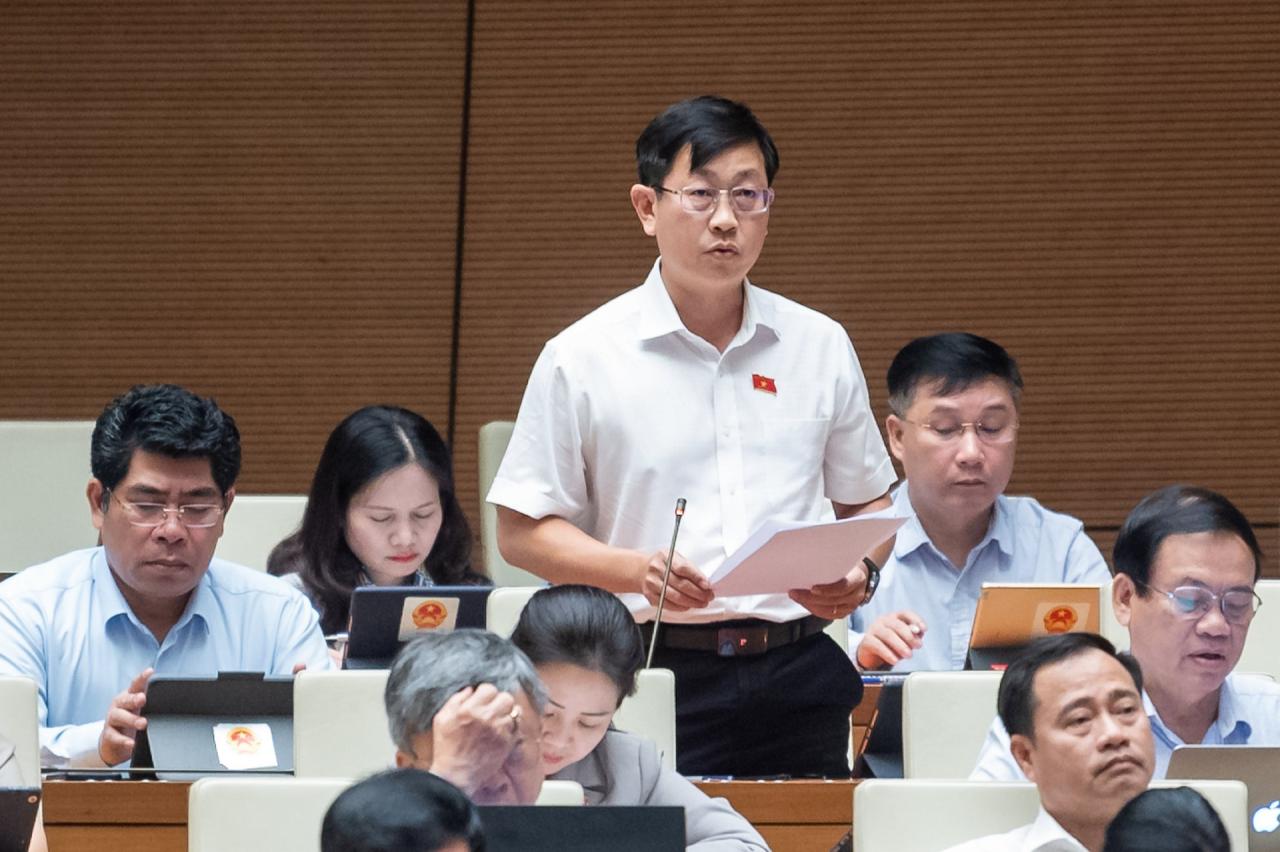
Expressing concern about the issue of developing science and technology in the management, protection, exploitation, use of water resources, and prevention and remediation of harmful effects caused by water (Article 6), delegate Nguyen Huu Thong proposed to add research on technological solutions to treat seawater into fresh water to create water source potential as well as ensure fresh water security for people's daily life and production, especially people on our islands and archipelagos, to point g, clause 1, Article 6 of the draft Law.
Regarding the protection of surface water resources (Article 21), delegate Nguyen Huu Thong agreed that Article 21 of the draft law fully demonstrates the principled provisions on the protection of surface water resources and clearly demonstrates two ideas on the management of water resource protection corridors, preventing water source pollution and preventing degradation and depletion, proactively and actively preserving surface water resources and maintaining the flow to ensure the circulation of water resources. However, delegate Nguyen Huu Thong suggested that it is necessary to supplement regulations on standards, norms and criteria for water resource management, and strengthen post-inspection work to improve the effectiveness of water resource management. The delegate suggested that this content be assigned to the Government for specific regulations.
In Article 24: Regarding minimum flow, according to the provisions of Clause 2, "Minimum flow" is the basis and basis for consideration in the process of appraisal and decision on many important tasks such as Water resources planning, provincial planning, specialized technical planning, reservoir operation procedures, licensing, etc. Thus, the determination of "Minimum flow" must be implemented first. However, delegate Nguyen Huu Thong said that the draft Law does not stipulate the time to do it, to complete it, and the time to announce it, as well as the methods, tools, standards, and regulations related to determining the flow at what level is considered the lowest in international, inter-provincial, intra-provincial rivers and streams, reservoirs, dams, etc. The draft Law only stipulates that the review and adjustment of minimum flow must be carried out every 5 years. Therefore, the delegate proposed to study and supplement specific regulations on the time to complete and announce minimum flow; methods, tools, standards related to determining minimum flow.
Commenting on the issue of artificially replenishing groundwater (Article 39), delegate Nguyen Huu Thong said that with the increasing drought and water shortage in recent years, artificially replenishing groundwater is extremely necessary. However, artificially replenishing groundwater requires a large amount of funding. The draft Law stipulates: "The State encourages organizations and individuals to research solutions and implement artificially replenishing groundwater. Prioritize investment and construction of water storage and storage works combined with artificially replenishing groundwater in islands, water-scarce areas and areas where groundwater levels are continuously declining or excessively low." The delegate found that the regulation on prioritizing investment in the construction of water storage works combined with artificially replenishing aquifers is necessary and appropriate to attract investment and promote economic and social development in areas lacking water, especially islands where water resources are scarce. However, to attract organizations and individuals to research solutions and implement artificial groundwater replenishment, there needs to be mechanisms and preferential policies to attract private resources.
In the immediate future, according to the delegate, the State should prioritize investment in the construction of water storage facilities combined with artificial groundwater replenishment in island areas, areas with great economic development potential but located in water-scarce areas, where natural water resources are insufficient to meet development activities. In addition, the delegate also said that it is necessary to study and have specific regulations and guidelines for artificial groundwater replenishment activities in the Decree or Circular.
Source


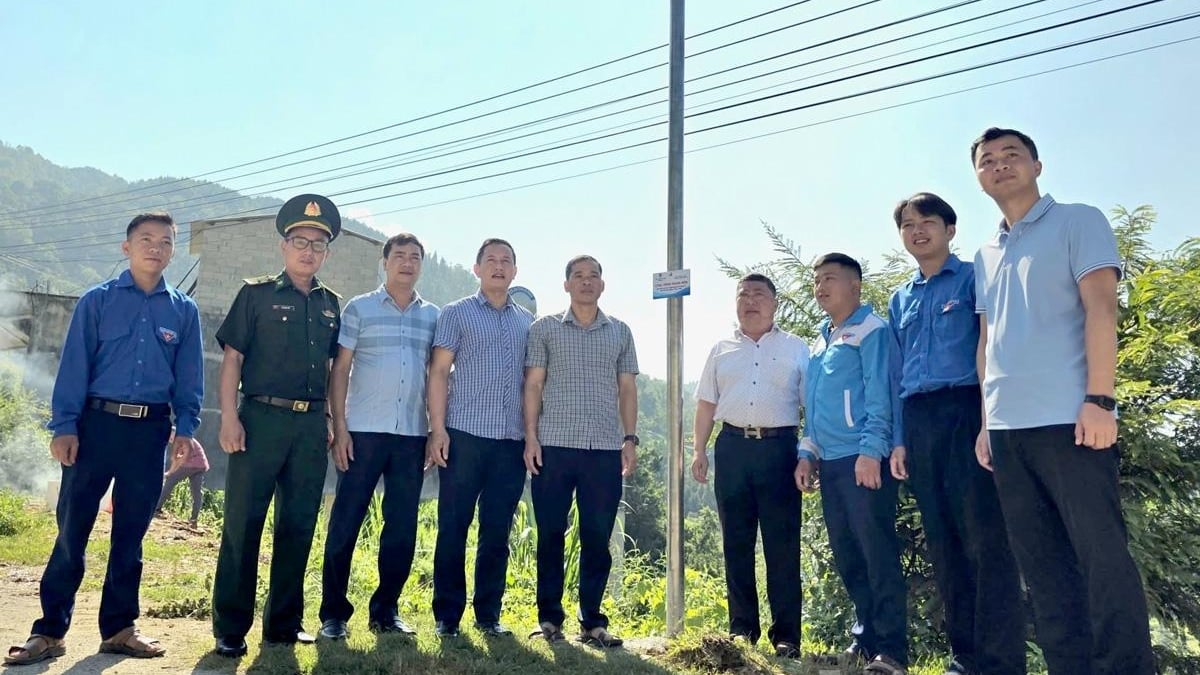
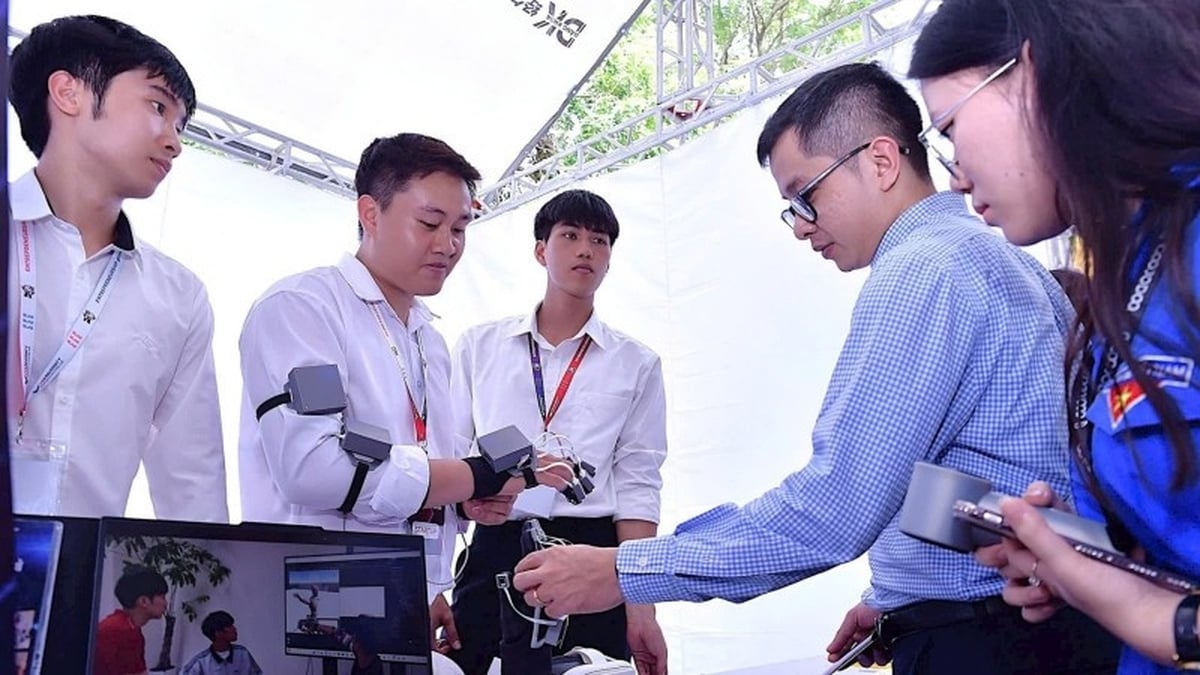
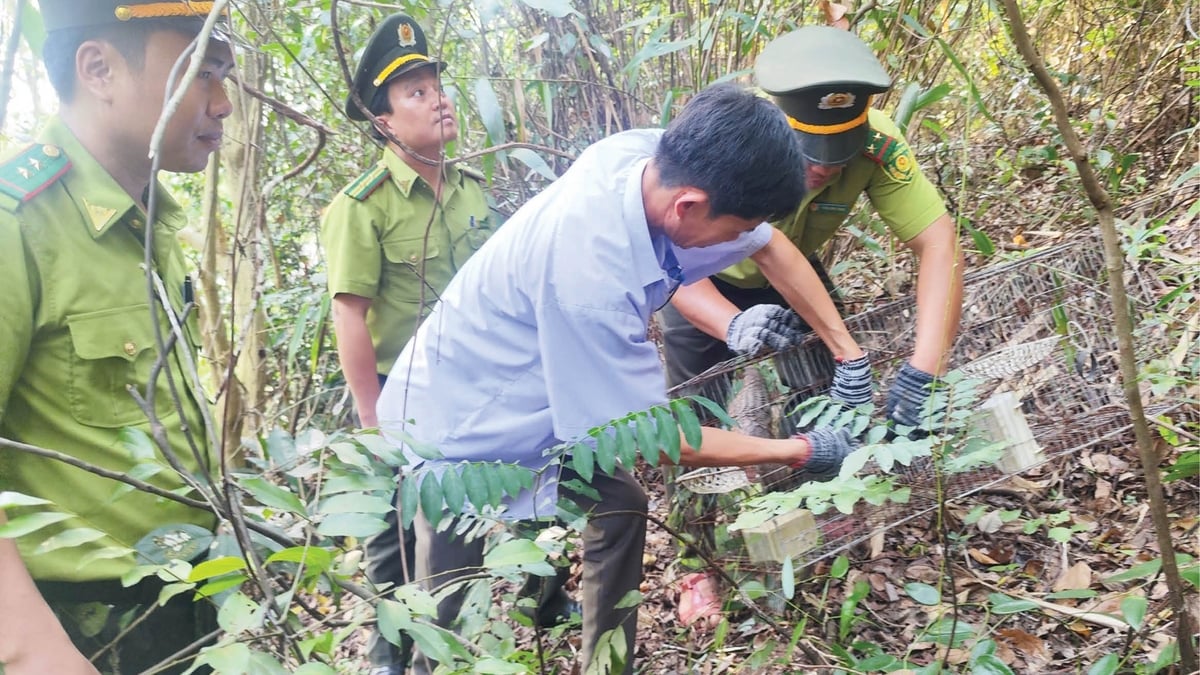

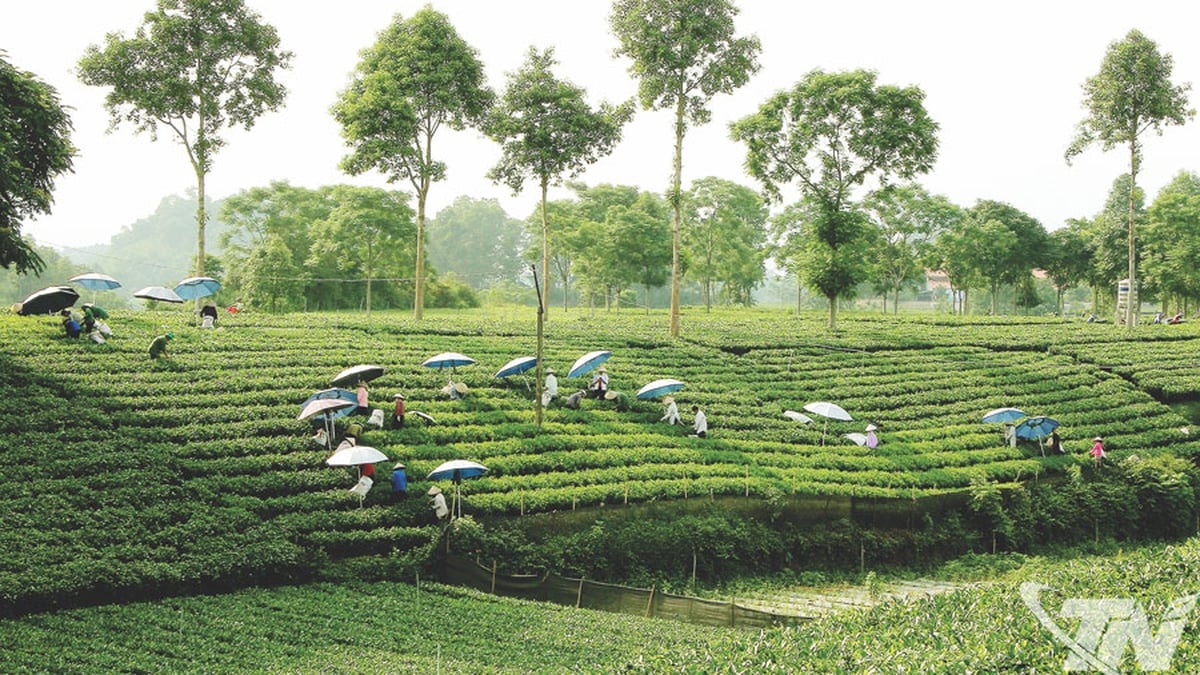
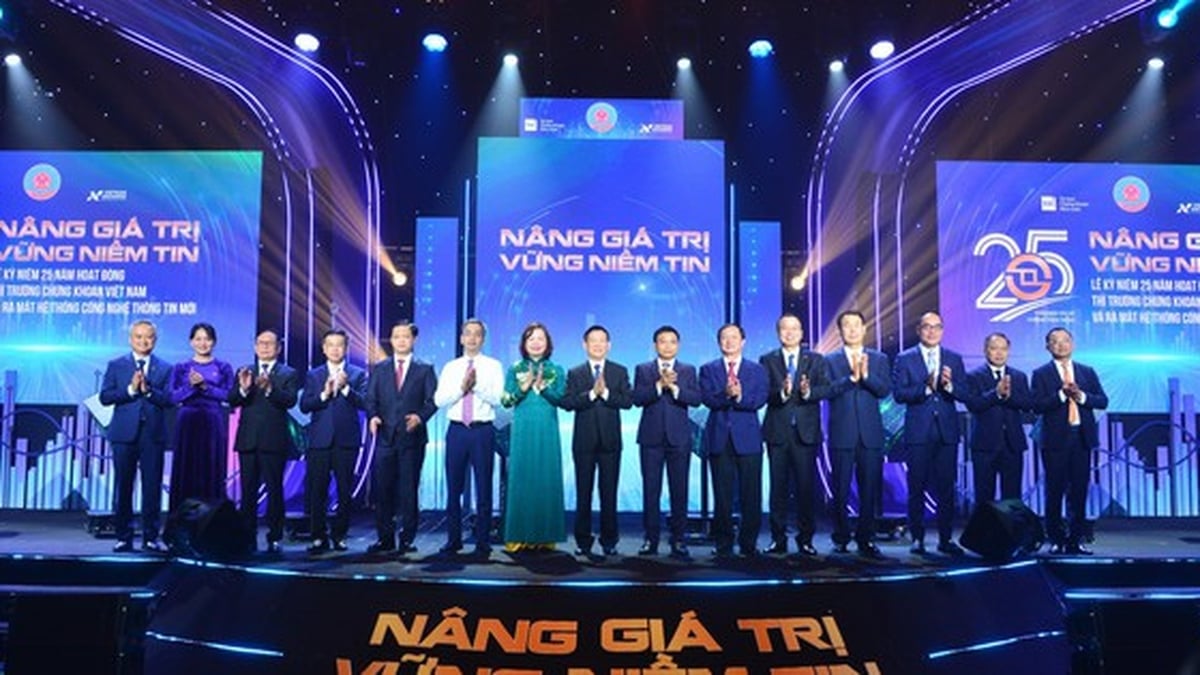
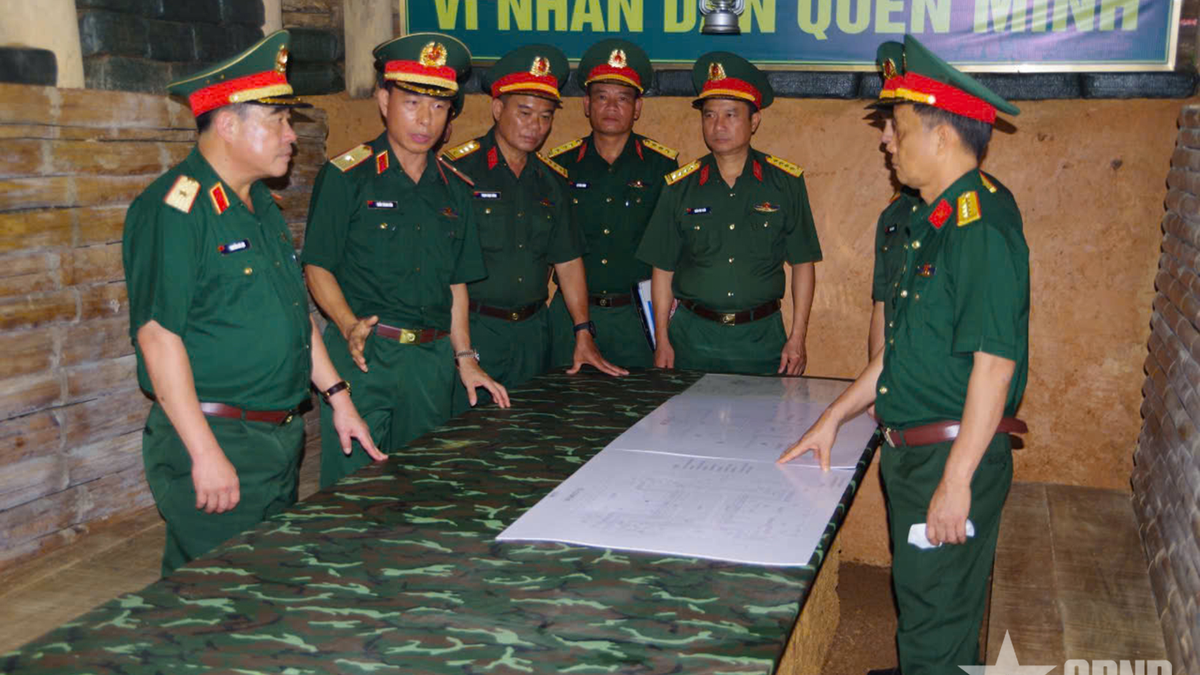

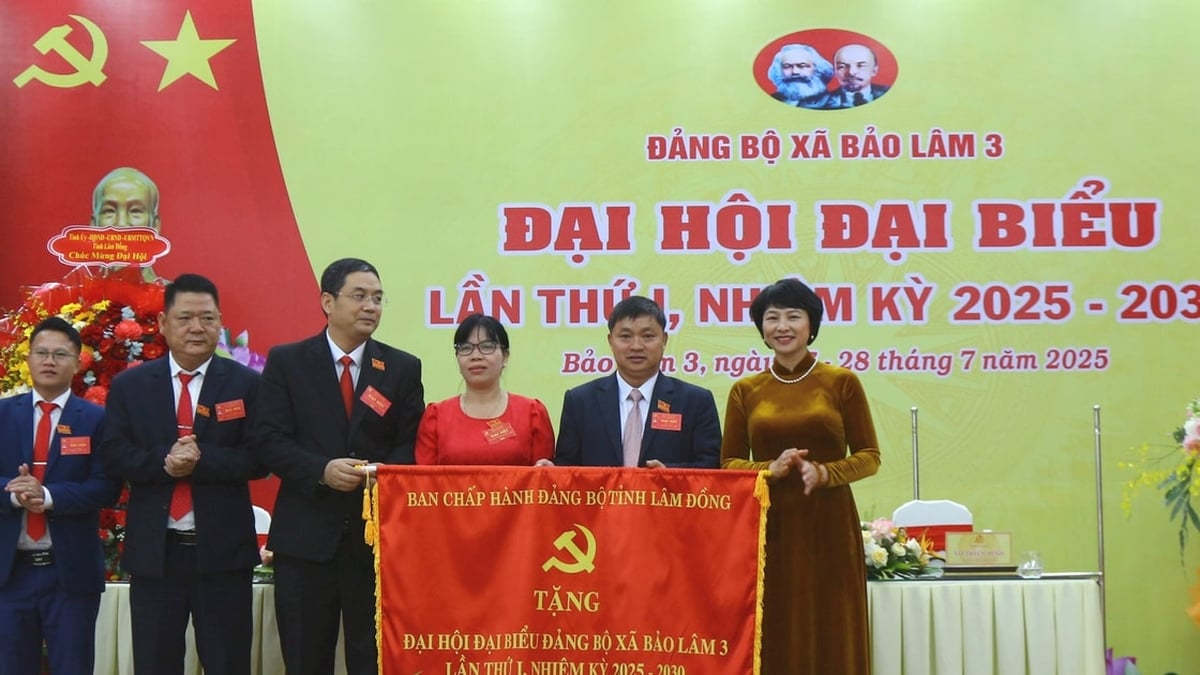
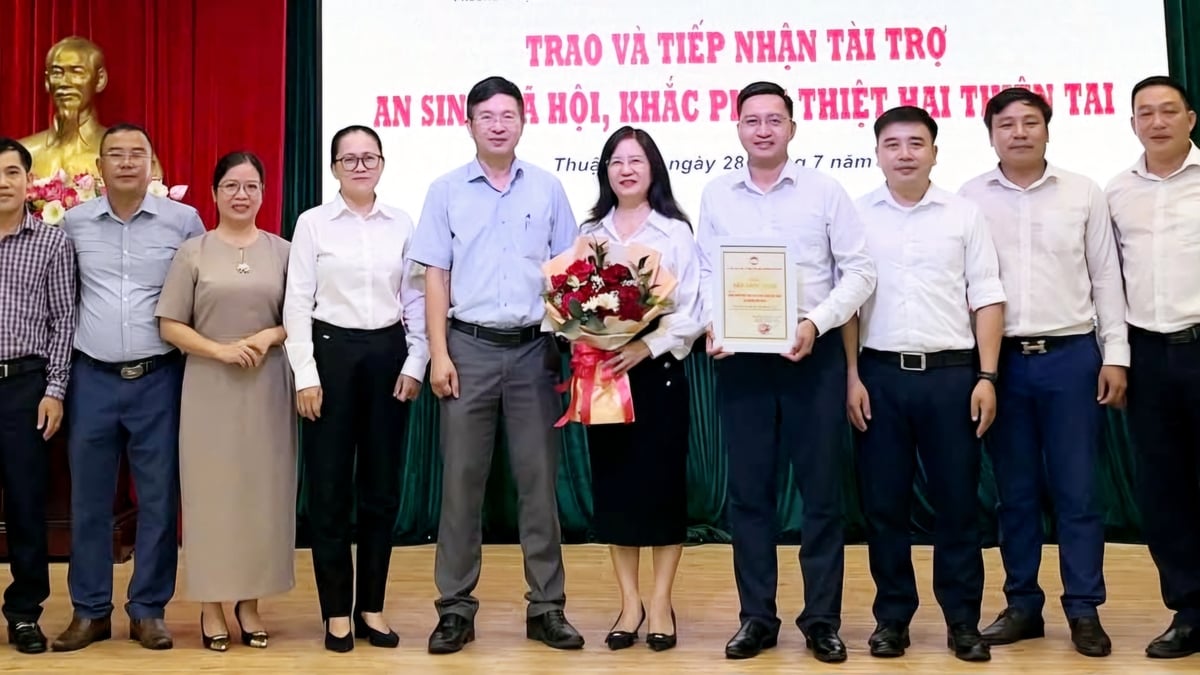























































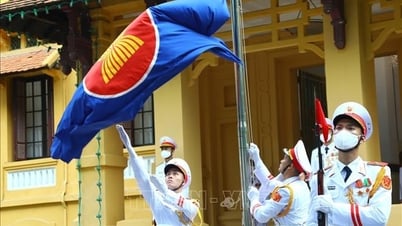

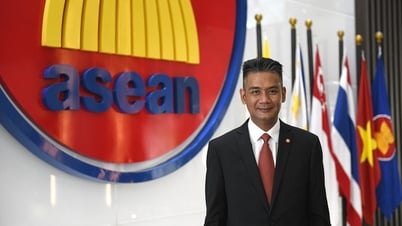
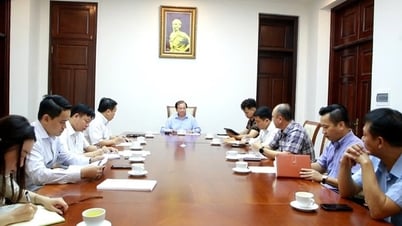



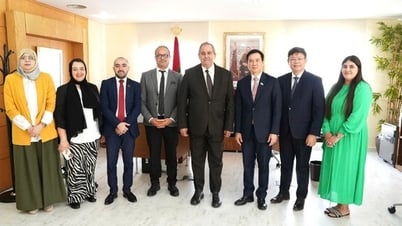

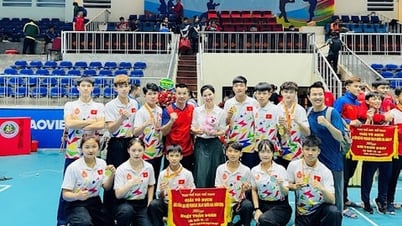
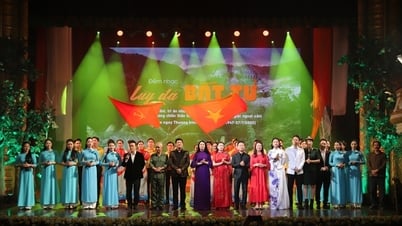























Comment (0)